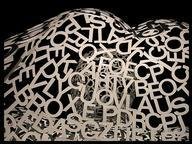
Alternate Presidents 4 Trivia Quiz
This is the fourth and final quiz in this series. Each question takes the form of a president's name but with alternate letters missing. You just have to say who it is.
A multiple-choice quiz
by Spontini.
Estimated time: 4 mins.
